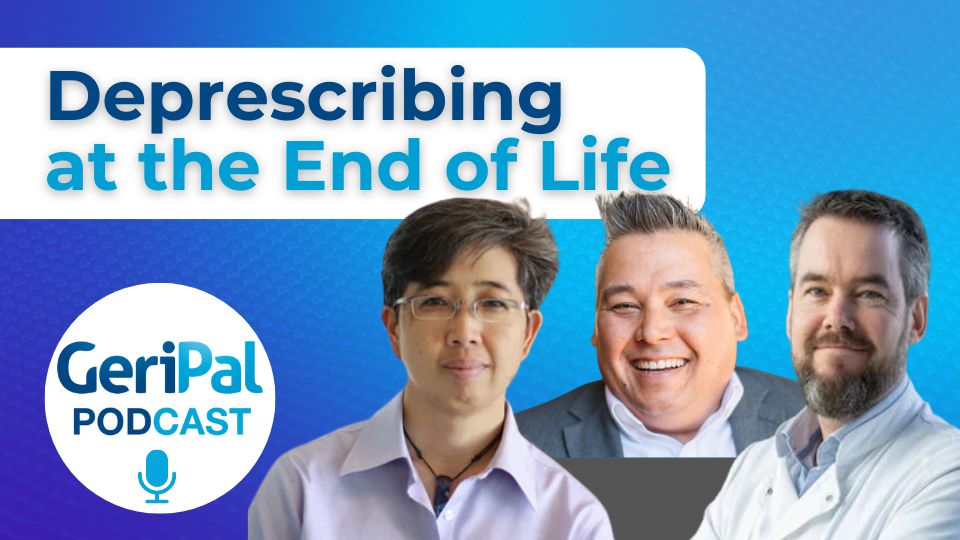

It’s July, and that means new housestaff, students, and fellows. Interns, fresh from medical school, and newly minted residents. Medical students starting the wards. Fellows brimming with enthusiasm.
July is also the time when these early trainees are taught the “basics.” I have the pleasure of giving the introductory lecture this week about pain management, a very GeriPal bread and butter topic.
I’m hoping to inject a little bit of humanism, in the form of poetry into the lecture. One poem I’ve selected is called Pain Work-up, by Jeremy Nobel (thanks to Guy Micco!). See what you think:
Tell me about the pain.
Is it sharp or dull?
What brings it on?
What makes it go away?
Does aspirin seem to help?
Does it feel better after eating?
Can you tolerate greasy foods?
Does it get relieved when you lie down?
Is it worse in the morning or evening?
Put your finger on the spot that hurts most.
Does it come and go or is the pain constant?
Does it radiate through to your back or shoulder?
Do you feel like a small animal is nibbling inside you?
Do you wake in the morning crowned with a halo of pain?
Have you come to depend on the pain to keep you alive?
Do you remember a time before birth when the rhythm of the universe was your second heartbeat?
Do you remember how green the grass used to be?
Do you remember a time when you remembered no pain?
When you were young did you torture animals?
Were you faithful to your first lover?
Are you afraid of the darkness?
Tell me about the pain.
Is it sharp or dull?
I like this poem because it moves beyond the dry, formulaic questions about pain to address psychological and existential dimensions of pain. But this clinician-narrator goes too far – injecting his/her own personal conception, fears, and mythology of pain into the interview. We learn more about the clinician than the patient from this series of questions. I like the flow of the poem too – the gradual build up, peeling back layers of complexity about the pain, before ultimately retreating from dark psychological aspects of pain to more familiar and professional ground. The poem is both a recognition of the richness and complexity of the pain experience, and a caution against inserting our own selves too much into the interview.
Does anyone else have a poem about pain they would suggest for this introductory teaching session for new students, interns, residents, and fellows?
Thanks, Alex Smith



